
Birds of Australia Places, Photos And Stories
National organizations BirdLife Australia (previously known as Birds Australia) is the leading Australian NGO for birds, birding, ornithology and conservation, formed by a merger of the Royal Australasian Ornithologists Union and Bird Observation & Conservation Australia; Australian Bird Study Association, for banders and other field ornithologists
Should be our national bird. r/australia
The Birds of Australia. Currently on display now at the Eurobodalla Regional Botanical Garden until 17 March 2024. Discover The Birds of Australia in this unique digital experience inspired by the work of John and Elizabeth Gould. Australia is known for its unique and diverse birdlife, with many species found nowhere else in the world.
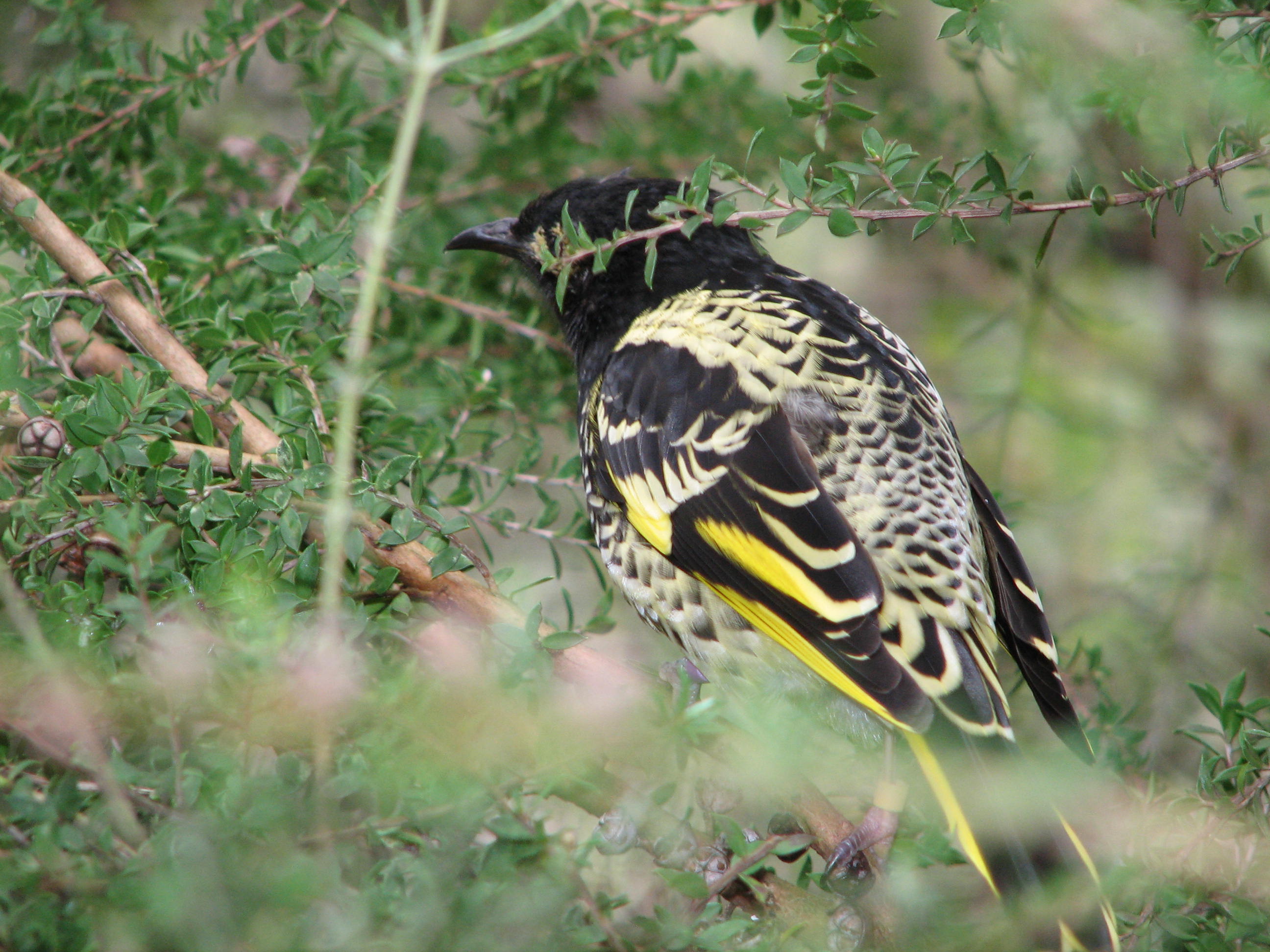
Learn more about Australian Birds Trevor's Birding
The Emu - Australia's National Bird Basic Facts About Emus. The emu, scientifically known as Dromaius novaehollandiae, is a large flightless bird native to Australia. It is not only one of the largest birds in Australia but also the second-largest bird in the world, after the ostrich.
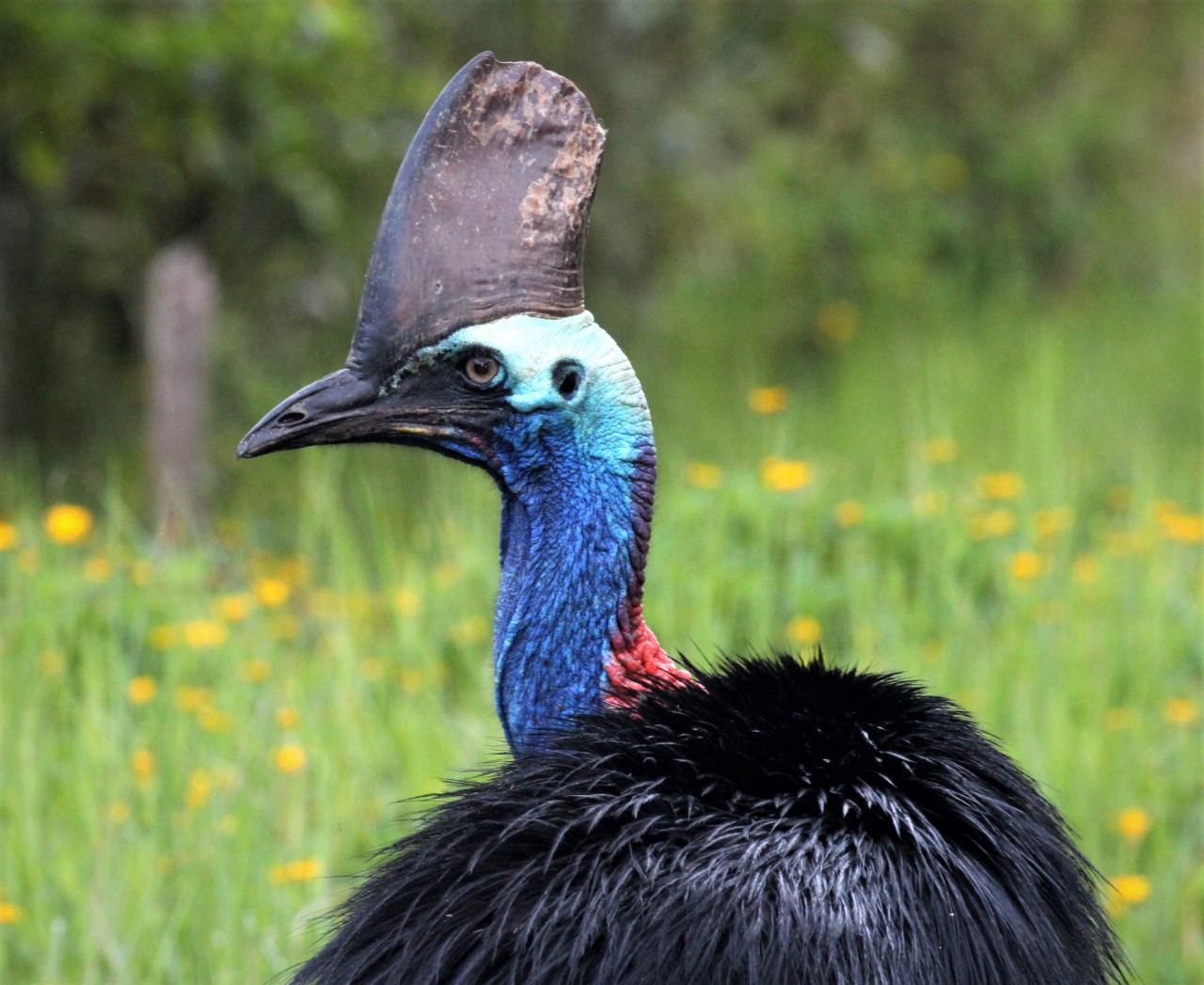
Australia’s Most Dangerous Bird Is Threatened with Extinction The Tennessee Tribune
As Australia's national bird, it boasts unique physical attributes, an adaptable diet and intricate breeding practices. Its significance in Aboriginal culture underscores its national importance. Yet, the Emu's existence is challenged by environmental threats, necessitating proactive conservation efforts.

Australian Birds Mostly Birding
Its status as Australia's national bird highlights its cultural and symbolic significance to the country. Why Is Australia's National Bird The Emu? The emu was chosen as Australia's national bird for several reasons. Here are some key points explaining why: 1. Endemic Species: The emu is a native bird to Australia, meaning it is found.

Emu 11 Facts About Australia's National Bird
In juxtaposition, the Emu, Australia's national bird, embodies both ancient indigenous culture and contemporary Australian identity. Its significant role in Australia's ecosystem and folklore is undeniable. The Emu's physical characteristics, behavior, and dietary habits showcase the adaptability of this avian species.
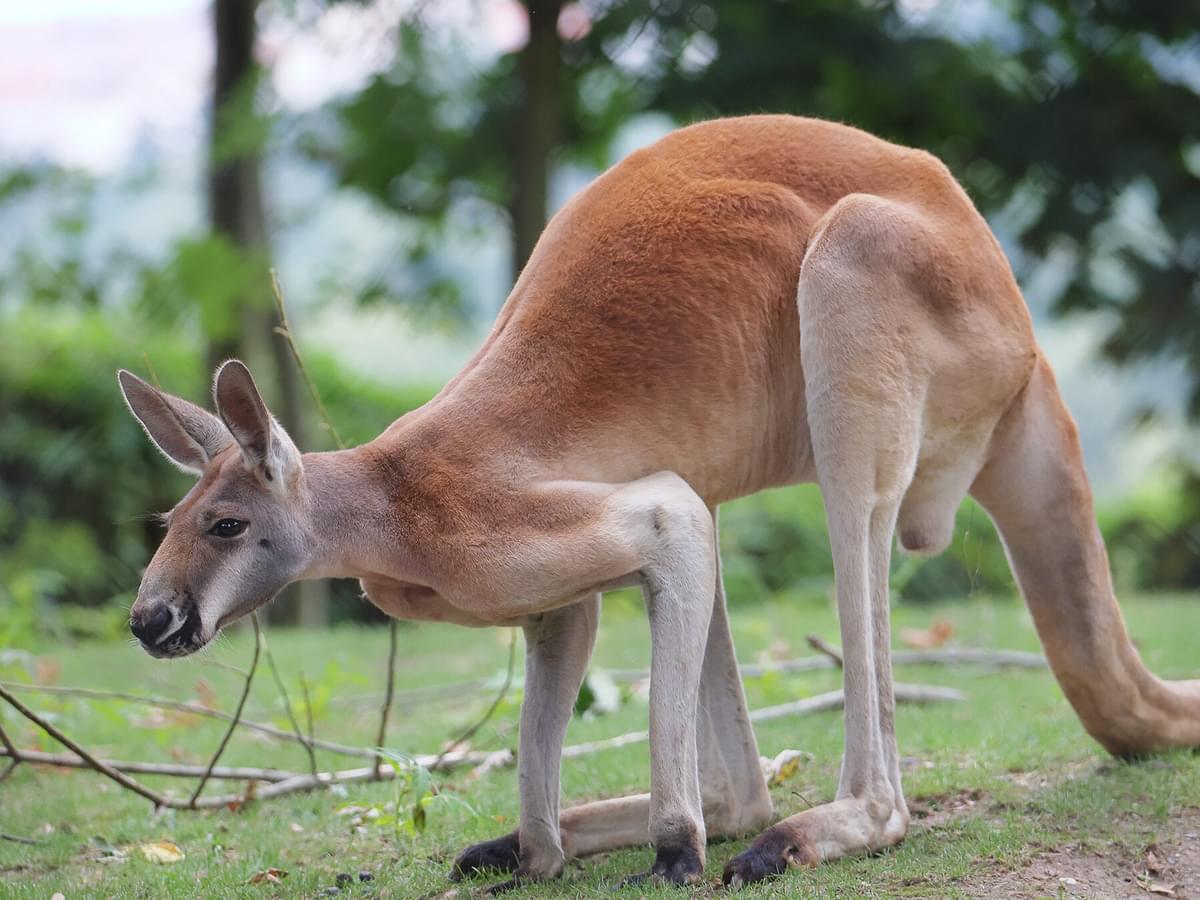
What Is The National Bird of Australia? (And Why?) Birdfact
This is a list of national birds, including official birds of overseas territories and other states described as nations. Most species in the list are officially designated. Some species hold only an "unofficial" status. The Official status column is marked as Yes only if the bird currently holds the position of the official national bird. Additionally, the list includes birds that were once.

The pheasant coucal is proof that Australia has the best birds Australian Geographic
While Australia does not have an official national bird, the Emu holds a place of honor as a de facto national symbol. Its prominence stems from several cultural and historical reasons: The Emu, alongside the Kangaroo, is featured on Australia's Coat of Arms - both on the previous version dating from 1908 and the current version adopted in.

BIRDS LIST OF AUSTRALIA
Physical Characteristics of Australia National Bird. Emus are flightless birds that can stand up to 2 meters (6.5 feet) tall and weigh up to 60 kilograms (132 pounds). They have long legs and a distinctive, elongated neck. Their feathers are brownish-grey in color, and they have a distinctive patch of bare skin on their neck and head.

UNE Discovery Australia’s National Bird Week & Bird Count
Australia does not have an official national bird, but unofficially, it is widely accepted to be the emu (Dromaius novaehollandiae). This impressive bird is pictured on the national coat of arms alongside another of Australia's most peculiar animals, the red kangaroo. Emus are the second largest bird in the world, and they have been an.

Pin by Waltraud Bauch on Australien Australian birds, National parks, Australia
Australia's national bird, the Emu is the world's second-largest living member of the ratite (ra-tight) family of flightless birds. Most Ratites are now extinct; only the emu, ostrich, cassowary, kiwi and rhea are alive today. The Emu was designated in 1960 by the Australian government to be their national bird, although some sources say.

What is the National Bird of Australia? WhatsAnswer
In conclusion, the Emu, Australia's national bird, symbolises the indomitable spirit and resilience of the Australian landscape. Its adaptation to the harsh climate, unique dietary habits, and significant role in indigenous culture underscore its integral part in Australia's biodiversity.

Emu 11 Facts About Australia's National Bird
Discover the National Bird of Australia. Australia has some of the most iconic animals like the kangaroo and koala bear. You may think all of Australia is the "outback" referring to the landscape, and much of the country is semi-arid and desert. But mountain ranges like the Blue Mountains and Snowy Mountains, warm-temperature and cool.
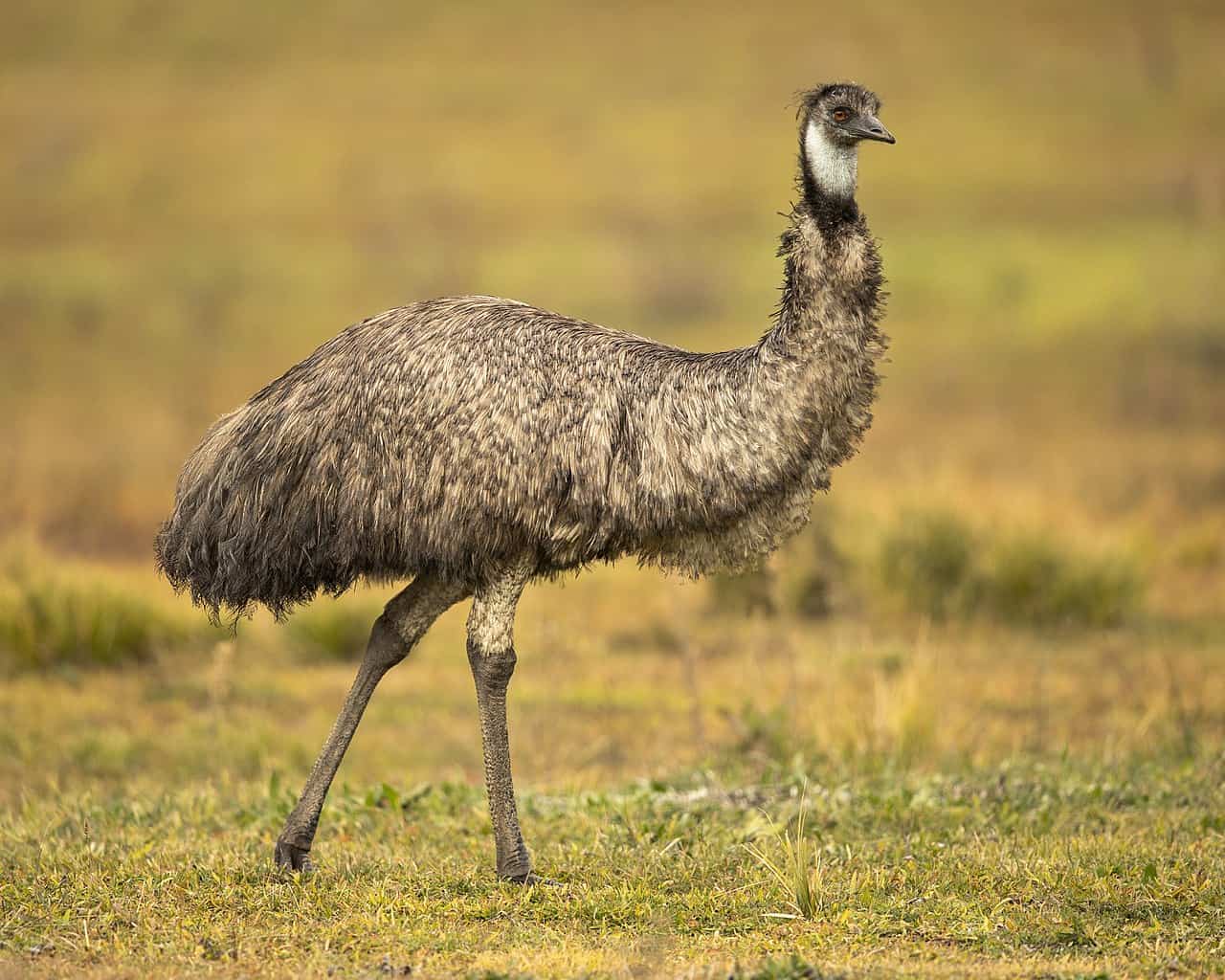
What is the National Bird of Australia? WhatsAnswer
The emu is a big bird that can't fly and lives everywhere in Australia. The Southern Cassowary also can't fly and lives in the rainforests of North Queensland. The two birds are very important symbols of Australia's special animals and are known as national icons. The emu. The emu is a big bird that comes after the ostrich in size.

Emu 11 Facts About Australia's National Bird
Australia's second National Bird Survey is currently being conducted by Birds Australia. The aim is to make an inventory of all bird species across Australia. The aim is to make an inventory of.
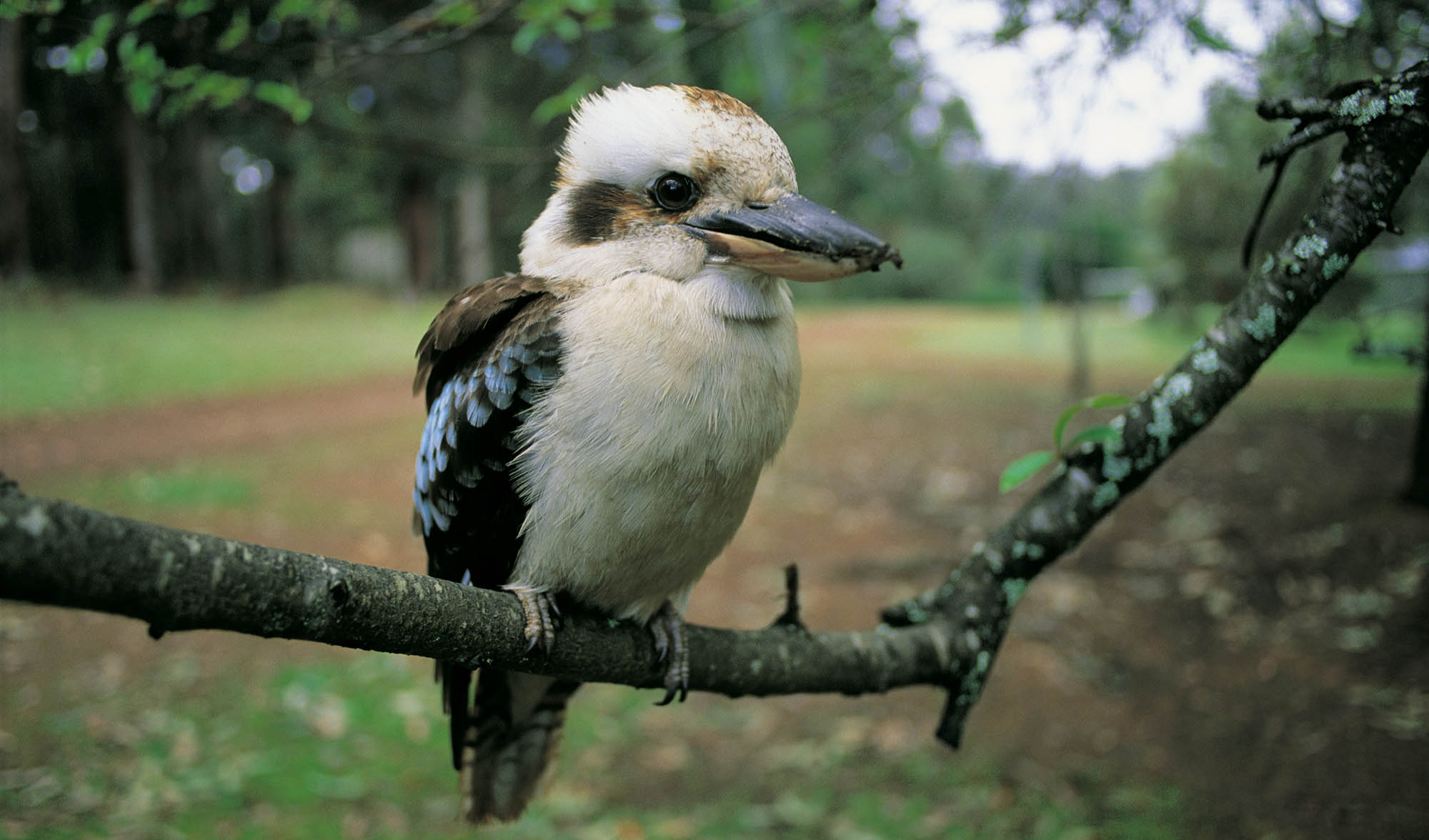
The Aussie Backyard Bird Count is almost underway
This is a list of the wild birds found in Australia including its outlying islands and territories, but excluding the Australian Antarctic Territory.The outlying islands covered include: Christmas, Cocos (Keeling), Ashmore, Torres Strait, Coral Sea, Lord Howe, Norfolk, Macquarie and Heard/McDonald.The list includes introduced species, common vagrants and recently extinct species.